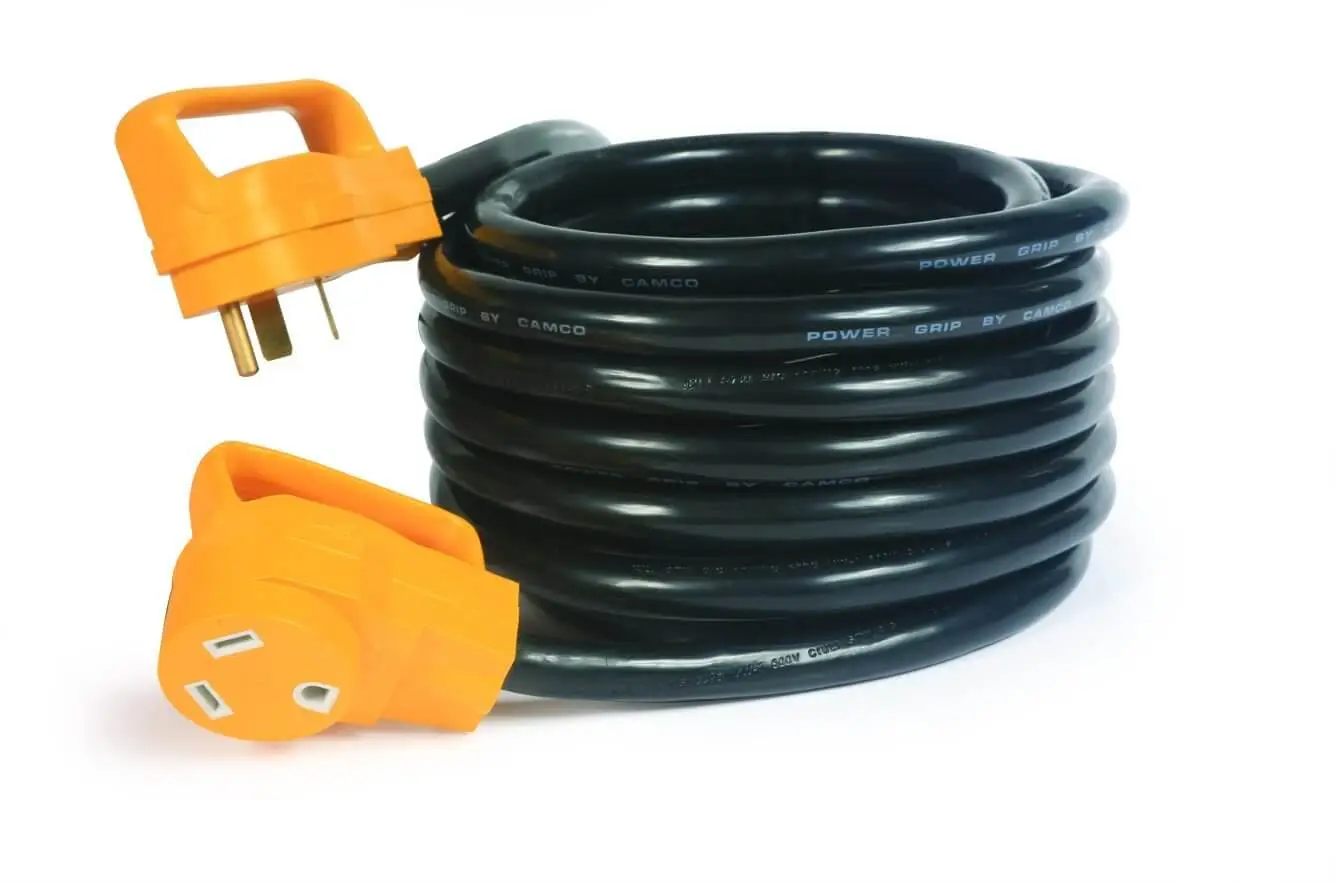

Articles
What Gauge Is A Heavy Duty Extension Cord
Modified: February 22, 2024
Looking for articles on heavy-duty extension cords? Find out what gauge is recommended for heavy-duty use and ensure you're equipped with the right information.
(Many of the links in this article redirect to a specific reviewed product. Your purchase of these products through affiliate links helps to generate commission for Storables.com, at no extra cost. Learn more)
Introduction
Extension cords are a common and essential tool for anyone in need of electrical power in areas where outlets are not easily accessible. They provide flexibility and convenience, allowing us to power devices and tools from a distance. However, not all extension cords are created equal when it comes to handling heavy-duty power requirements.
When it comes to heavy-duty applications, such as powering power tools, high wattage equipment, or outdoor lighting, a regular extension cord may not be sufficient. This is where heavy-duty extension cords come into play, designed specifically for these demanding tasks. But what gauge is a heavy-duty extension cord, and how do you choose the right one for your needs?
In this article, we will explore the world of heavy-duty extension cords and delve into the intricacies of their gauges. We’ll discuss what gauges mean, the different gauge sizes, and factors to consider when choosing one for your specific needs.
So, if you’re ready to get a deeper understanding of heavy-duty extension cords and their gauges, let’s dive in!
Key Takeaways:
- When choosing a heavy-duty extension cord, consider factors such as power requirements, cord length, environmental conditions, ampacity rating, and intended use to ensure optimal performance and prevent power loss or overheating.
- Heavy-duty extension cords offer increased power handling, enhanced safety, extended reach, durability, versatility, and peace of mind, making them a valuable asset for powering high wattage tools and equipment in various settings.
Understanding Extension Cord Gauges
Extension cord gauges refer to the thickness of the wire used within the cord. The gauge of an extension cord determines its overall capacity to handle electrical current. In simpler terms, the gauge represents the cord’s ability to carry more or less power.
The gauge size is denoted by a number, typically ranging from 10 to 18. The lower the gauge number, the thicker the wire and the higher the capacity of the cord. For example, a cord with a gauge of 10 is thicker and can handle more current than a cord with a gauge of 16.
The most common gauges you’ll come across in extension cords are 16, 14, and 12. These are typically used for everyday household applications such as powering lamps, TVs, or small appliances. However, when it comes to heavy-duty tasks, you’ll need a cord with a lower gauge.
It’s important to understand that using an extension cord with a higher gauge than required can lead to power loss, overheating, and a reduction in overall performance. On the other hand, using a cord with a lower gauge than necessary may be unnecessary and more expensive.
Next, let’s explore heavy-duty extension cords and what makes them different from regular extension cords.
Heavy Duty Extension Cords Explained
Heavy-duty extension cords are specifically designed to handle the higher power demands of heavy-duty applications. They are built with thicker and more durable wires compared to regular extension cords, allowing them to safely carry larger amounts of electrical current.
One of the key differences between heavy-duty extension cords and regular ones is the gauge size. Heavy-duty extension cords typically have a lower gauge, such as 12, 10, or even lower. This thicker wire allows them to handle high wattage tools, equipment, and appliances without the risk of overheating or power loss.
Furthermore, heavy-duty extension cords often feature additional features to enhance their durability and safety. These may include reinforced insulation, strain relief, and heavy-duty plugs and connectors. These features provide better protection against wear and tear, ensure a secure connection, and increase the overall longevity of the cord.
It’s important to note that heavy-duty extension cords come in a variety of lengths to suit different needs. However, it’s generally recommended to use the shortest length possible to minimize power loss and maximize safety.
Now that we have a better understanding of heavy-duty extension cords, let’s explore the factors you should consider when choosing the right gauge for your specific needs.
Factors to Consider When Choosing a Heavy Duty Extension Cord Gauge
When selecting the right gauge for your heavy-duty extension cord, several factors should be taken into consideration to ensure optimal performance and safety. Let’s explore these factors below:
1. Power Requirements: Determine the maximum wattage or amperage of the device or equipment you’ll be powering with the extension cord. This information can typically be found in the product’s manual or on the device itself. Ensure that the extension cord’s gauge can handle the power requirements of your specific application.
2. Length of the Cord: Consider the distance between the power source and the device you’ll be connecting it to. The longer the extension cord, the more resistance it will have, leading to potential power loss. A thicker gauge can help compensate for this, ensuring that enough power reaches your device.
3. Environmental Conditions: If you’ll be using the extension cord outdoors or in harsh environments, choose a cord with ample insulation and resistance to weather and temperature variations. Look for cords with a heavy-duty jacket and appropriate certifications for outdoor use.
4. Ampacity Rating: Check the ampacity rating of the cord, which indicates the maximum amount of electrical current it can handle safely. Ensure that the ampacity rating matches or exceeds the requirements of your devices or equipment.
5. Intended Use: Consider the specific heavy-duty applications you’ll be using the cord for. Different tools and equipment may have different power requirements, so choose a gauge that can support the highest demands you anticipate.
6. Safety Certifications: Look for heavy-duty extension cords that are labeled with safety certifications such as UL (Underwriters Laboratories) or ETL (Intertek) listed. These certifications ensure that the cord has undergone rigorous testing for safety and performance.
Remember, it’s always better to choose a lower gauge cord than needed to ensure sufficient power and minimize the risk of power loss or overheating. Taking these factors into account will allow you to select the appropriate heavy-duty extension cord gauge for your specific needs and ensure safe and efficient operation.
When choosing a heavy-duty extension cord, look for a lower gauge number, such as 12 or 10, as this indicates a thicker wire and higher capacity for handling heavy loads.
Common Gauge Sizes for Heavy Duty Extension Cords
Heavy-duty extension cords come in various gauge sizes, each serving different power requirements. Let’s take a look at some of the most common gauge sizes for heavy-duty extension cords:
1. 12 Gauge: A 12-gauge extension cord is one of the thickest and most durable options available. It is capable of handling high-power equipment and appliances with ease. A 12-gauge cord can typically handle up to 15 amps of current and is ideal for power-hungry devices like air compressors, power tools, and heavy-duty machinery.
2. 10 Gauge: A step up from the 12-gauge cord, the 10-gauge extension cord offers even greater power-handling capabilities. It can handle up to 20 amps of current and is suitable for demanding tools and equipment such as large saws, welders, and industrial machinery.
3. 8 Gauge: The 8-gauge heavy-duty extension cord is on the thicker end of the spectrum. It can handle up to 30 amps of current, making it suitable for heavy-duty construction and industrial applications. However, it’s worth noting that 8-gauge cords are less common and may be more challenging to find.
4. 6 Gauge and Lower: Cords with gauges of 6 or lower are extremely heavy-duty and typically used in industrial or commercial settings where high power demands are a constant requirement. These cords can handle currents of 50 amps or more and are often used for large machinery, generators, or specialized equipment.
When choosing the right gauge for your heavy-duty extension cord, consider the power requirements of your devices or equipment, as well as the distance between the power source and the intended location. Remember, selecting a lower gauge cord than necessary ensures sufficient power delivery and minimizes the risk of performance issues.
It’s important to note that heavier gauge cords are generally more expensive and may be heavier and less flexible than lighter gauge cords. Therefore, it’s essential to strike a balance between power requirements and practicality when selecting the appropriate gauge for your heavy-duty extension cord needs.
Now that we’ve covered the common gauge sizes for heavy-duty extension cords, let’s explore the benefits of using these robust cords for your power needs.
Read more: What Is A 12 Gauge Extension Cord
Benefits of Using a Heavy Duty Extension Cord
Using a heavy-duty extension cord offers several advantages, especially when it comes to powering high wattage tools and equipment. Here are some key benefits of using a heavy-duty extension cord:
1. Increased Power Handling: Heavy-duty extension cords are designed to handle high electrical currents without experiencing power loss or overheating. They have thicker wires and lower gauge sizes, allowing them to deliver power more efficiently to your devices or equipment. This ensures consistent performance and prevents damage to both the cord and connected devices.
2. Enhanced Safety: Heavy-duty extension cords undergo rigorous testing and are built to withstand the demands of demanding applications. They often feature reinforced insulation, strain relief, and heavy-duty plugs and connectors, reducing the risk of electrical shocks and short circuits. Using a heavy-duty cord eliminates the potential hazards of using a regular extension cord not intended for high power usage.
3. Extended Reach: Heavy-duty extension cords come in various lengths, allowing you to extend the reach of your power source. This is particularly useful in situations where the nearest electrical outlet is far away or not easily accessible. With a heavy-duty extension cord, you can bring power to locations that would otherwise be out of reach, expanding your range of operation.
4. Durable and Long-lasting: Heavy-duty extension cords are built to last. They feature robust construction and high-quality materials that can withstand rugged environments, constant usage, and inevitable wear and tear. Investing in a heavy-duty cord means you won’t have to replace it frequently, saving you both time and money in the long run.
5. Versatility: While heavy-duty extension cords are commonly used for powering tools and equipment, they can also be utilized for a variety of other applications. Whether you need to run outdoor lighting, set up audiovisual equipment, or power recreational vehicles or camping gear, a heavy-duty extension cord provides the necessary flexibility and reliability.
6. Peace of Mind: When using a heavy-duty extension cord, you can have peace of mind knowing that your power needs are being met with a high-quality and reliable solution. Whether you’re undergoing construction projects, operating heavy machinery, or organizing outdoor events, a heavy-duty cord ensures a steady and secure power supply.
With all these benefits in mind, it’s clear that utilizing a heavy-duty extension cord is the smart choice for demanding power requirements. Now, let’s wrap up our discussion.
Conclusion
Heavy-duty extension cords are essential tools when it comes to powering high wattage devices and equipment in various settings. Understanding the gauge sizes and selecting the right cord for your specific needs is crucial to ensure efficient and safe power delivery.
By choosing a heavy-duty extension cord with an appropriate gauge, you can enjoy the benefits of increased power handling, enhanced safety, extended reach, durability, versatility, and peace of mind. These cords are designed to withstand demanding applications and provide reliable and consistent power to your devices and equipment.
Consider factors such as power requirements, cord length, environmental conditions, ampacity rating, and intended use when choosing the right heavy-duty extension cord gauge. By doing so, you can ensure optimal performance, prevent power loss and overheating, and protect yourself and the connected devices from potential hazards.
Whether you’re a professional contractor, a DIY enthusiast, or simply someone in need of reliable power solutions, investing in a heavy-duty extension cord is a wise decision. These cords are built to last, withstand harsh conditions, and handle high-power demands, making them a valuable asset in any power-centric task.
Remember to prioritize safety at all times by purchasing heavy-duty extension cords that are certified by reputable safety organizations such as UL or ETL. Additionally, always ensure proper usage and follow manufacturer’s guidelines to minimize risks.
So, the next time you have a heavy-duty power requirement, consider the gauge of the extension cord you need. With the right heavy-duty extension cord in your hands, you’ll have the power and confidence to tackle any task that comes your way.
Frequently Asked Questions about What Gauge Is A Heavy Duty Extension Cord
Was this page helpful?
At Storables.com, we guarantee accurate and reliable information. Our content, validated by Expert Board Contributors, is crafted following stringent Editorial Policies. We're committed to providing you with well-researched, expert-backed insights for all your informational needs.
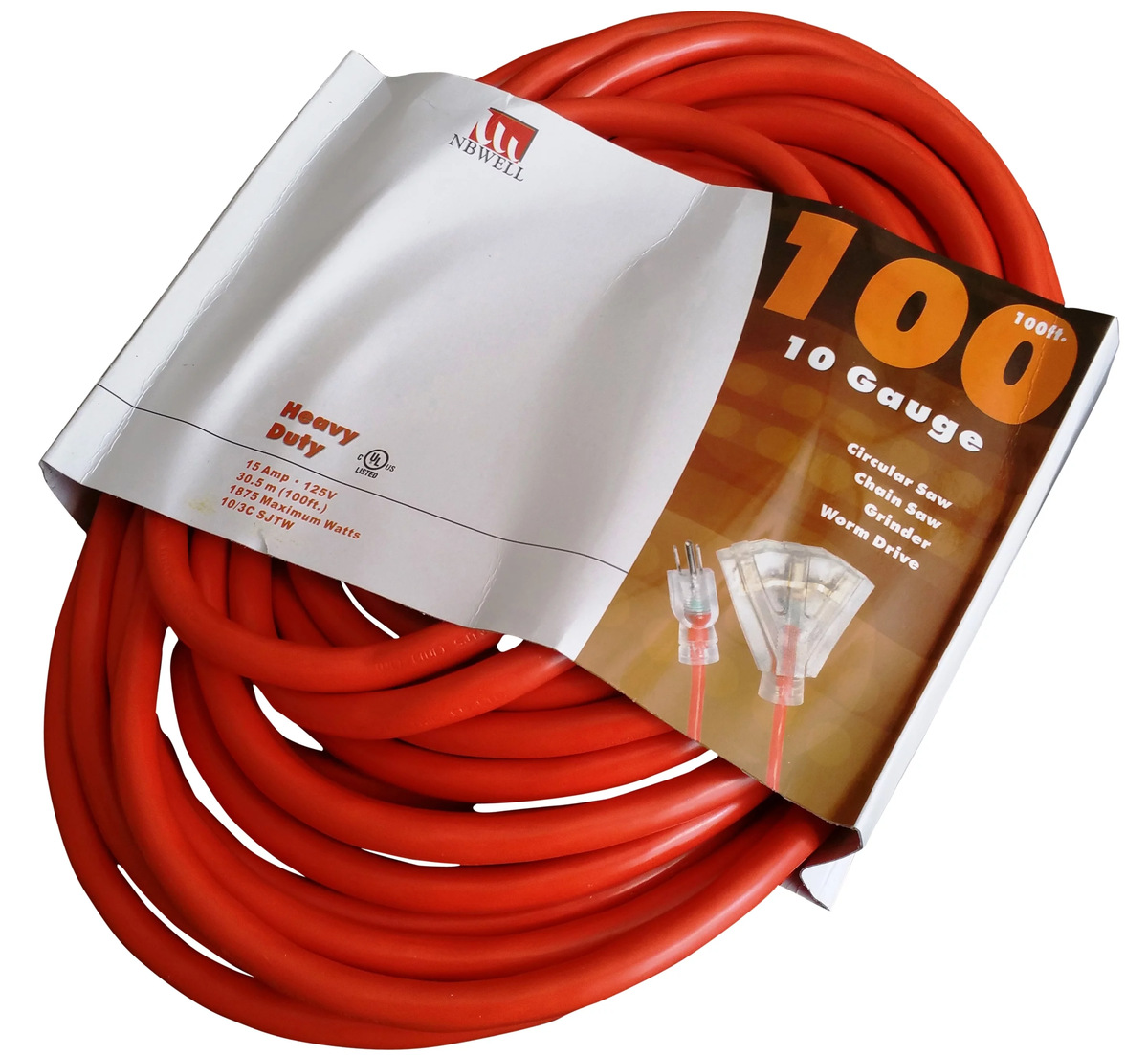
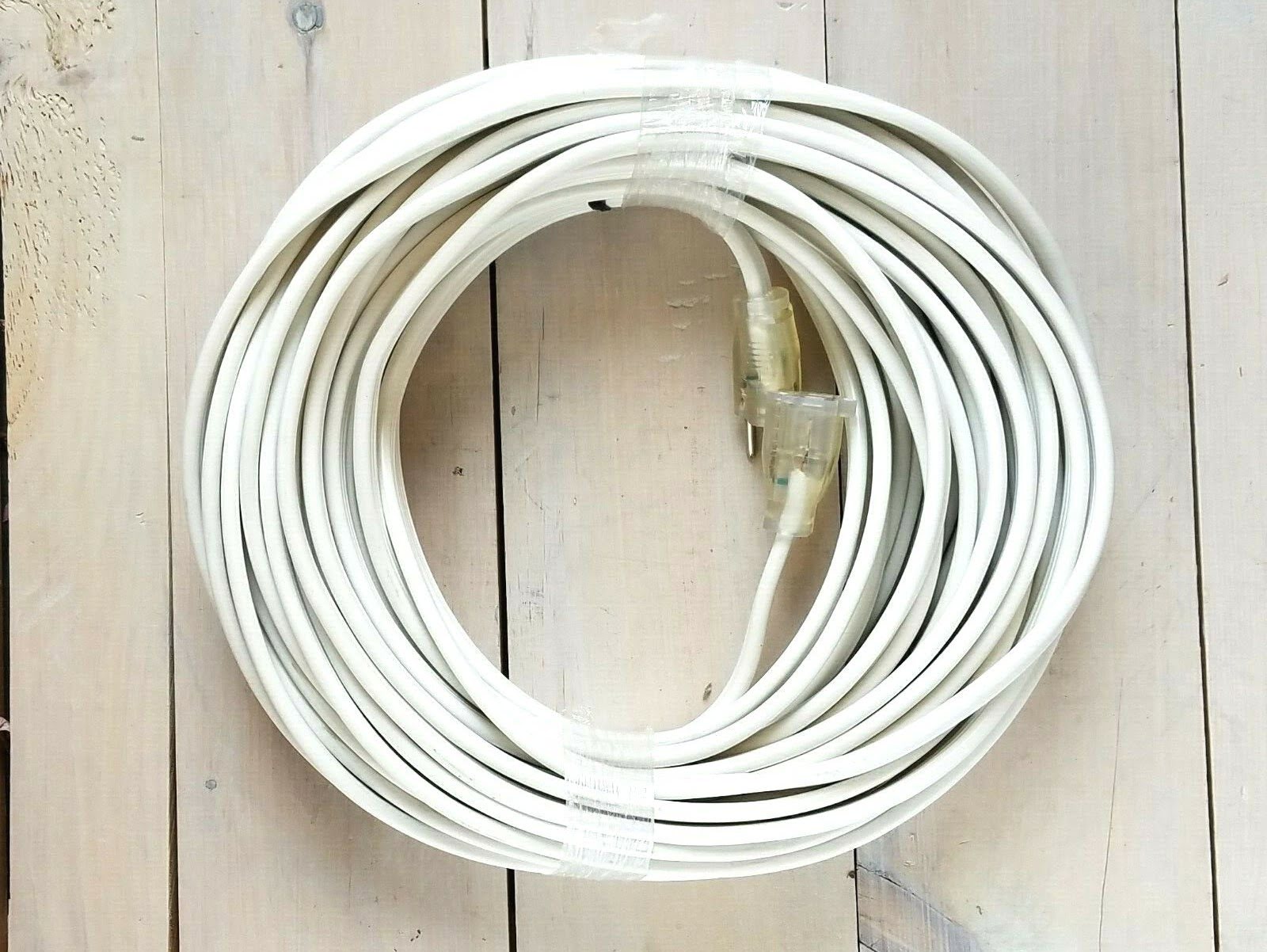
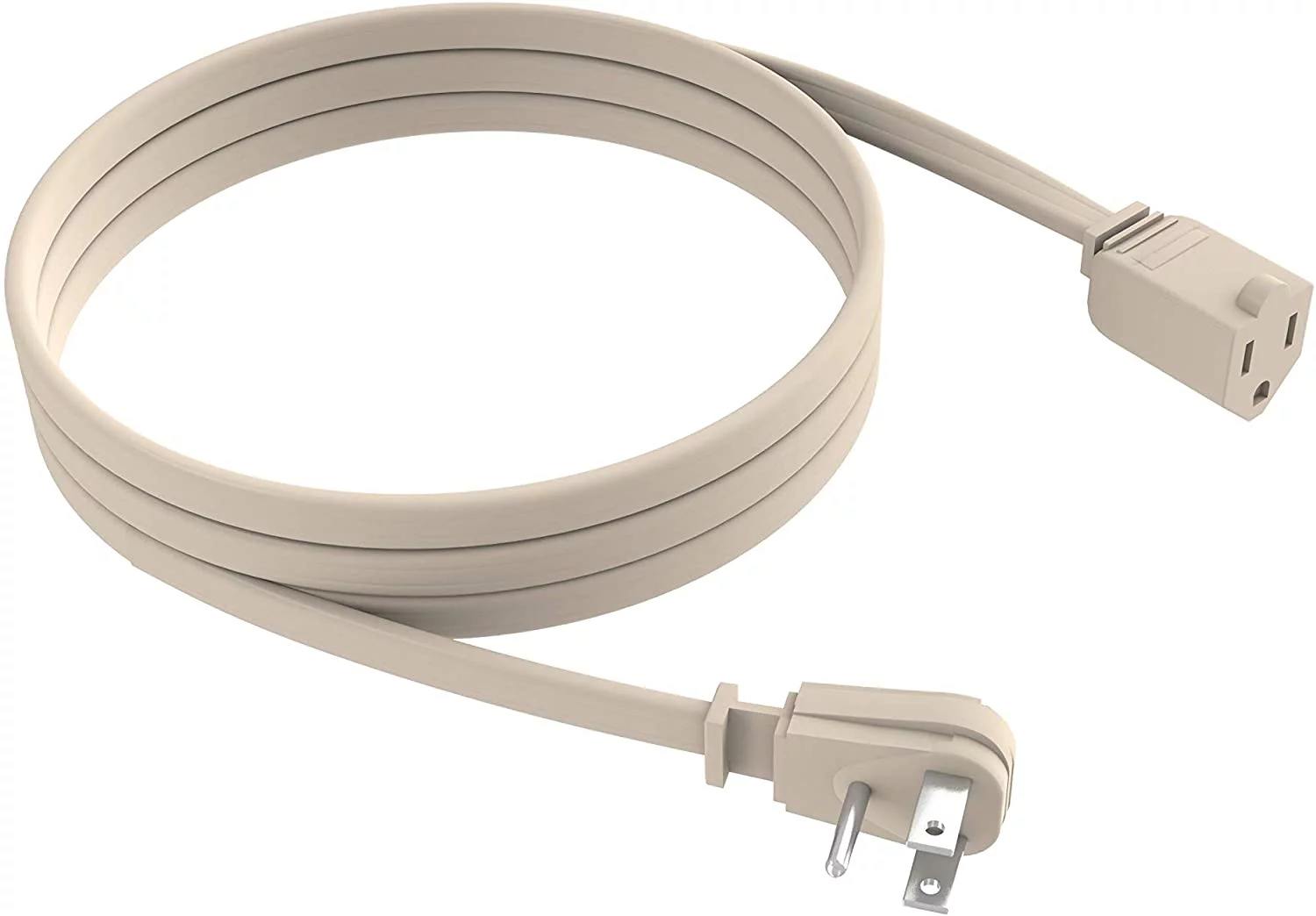
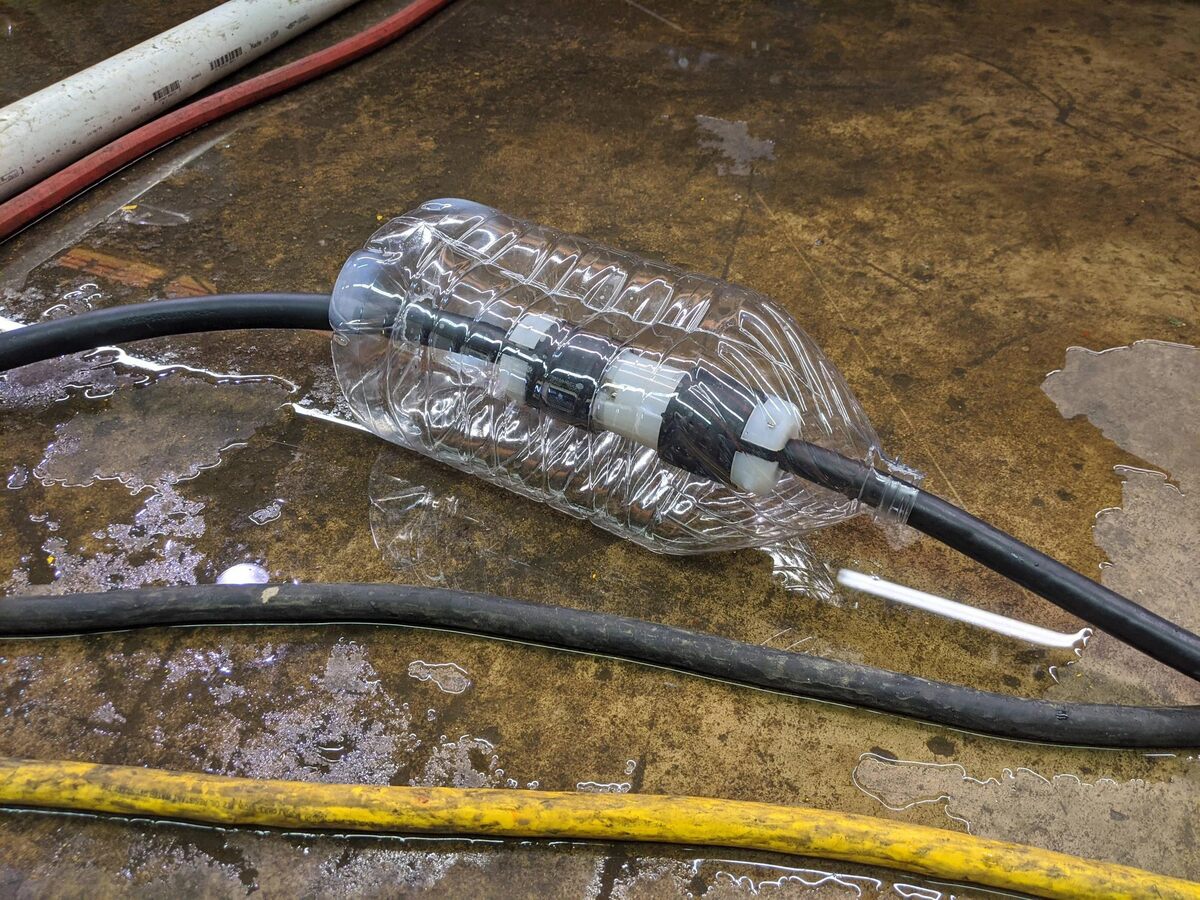
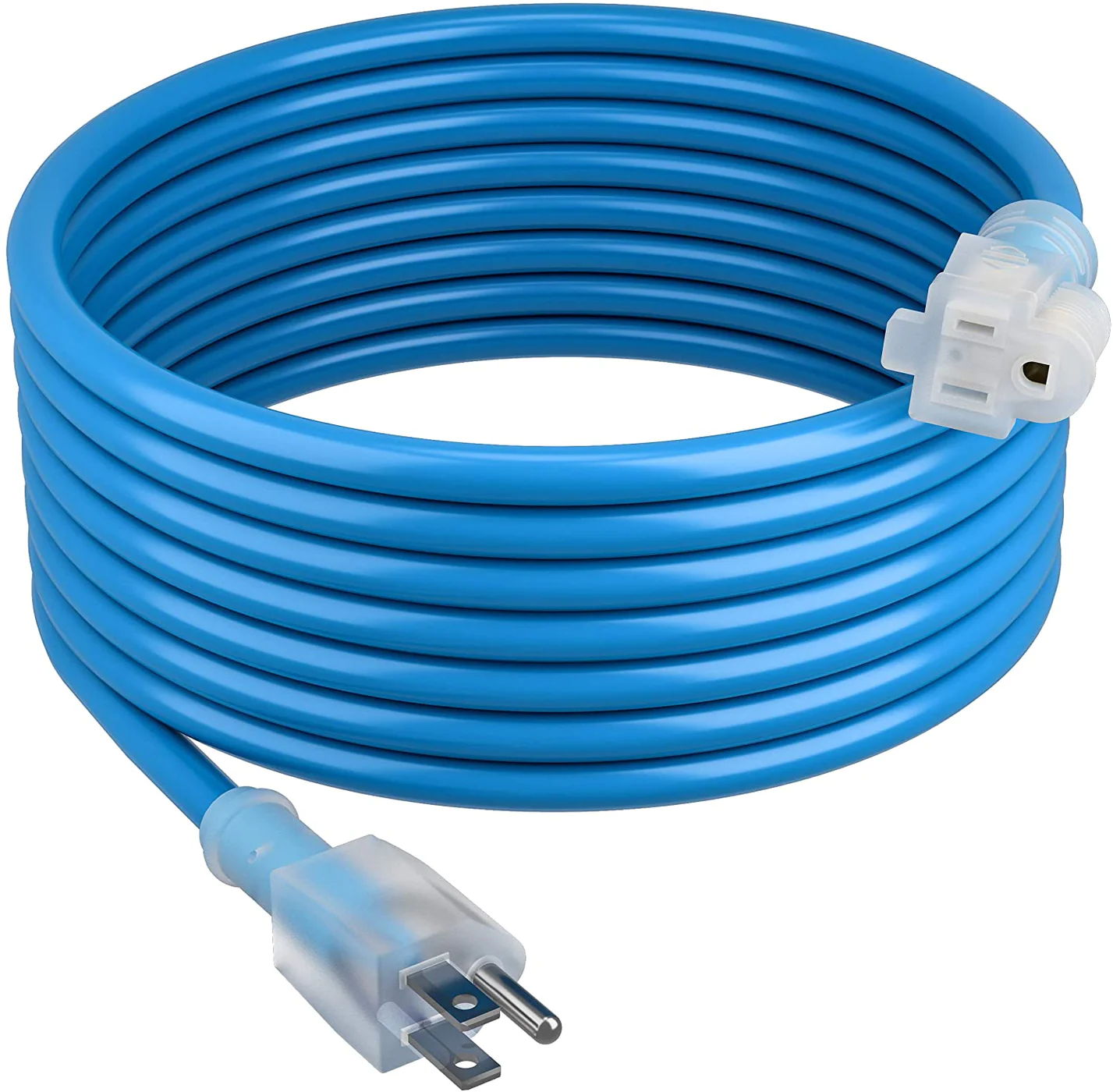
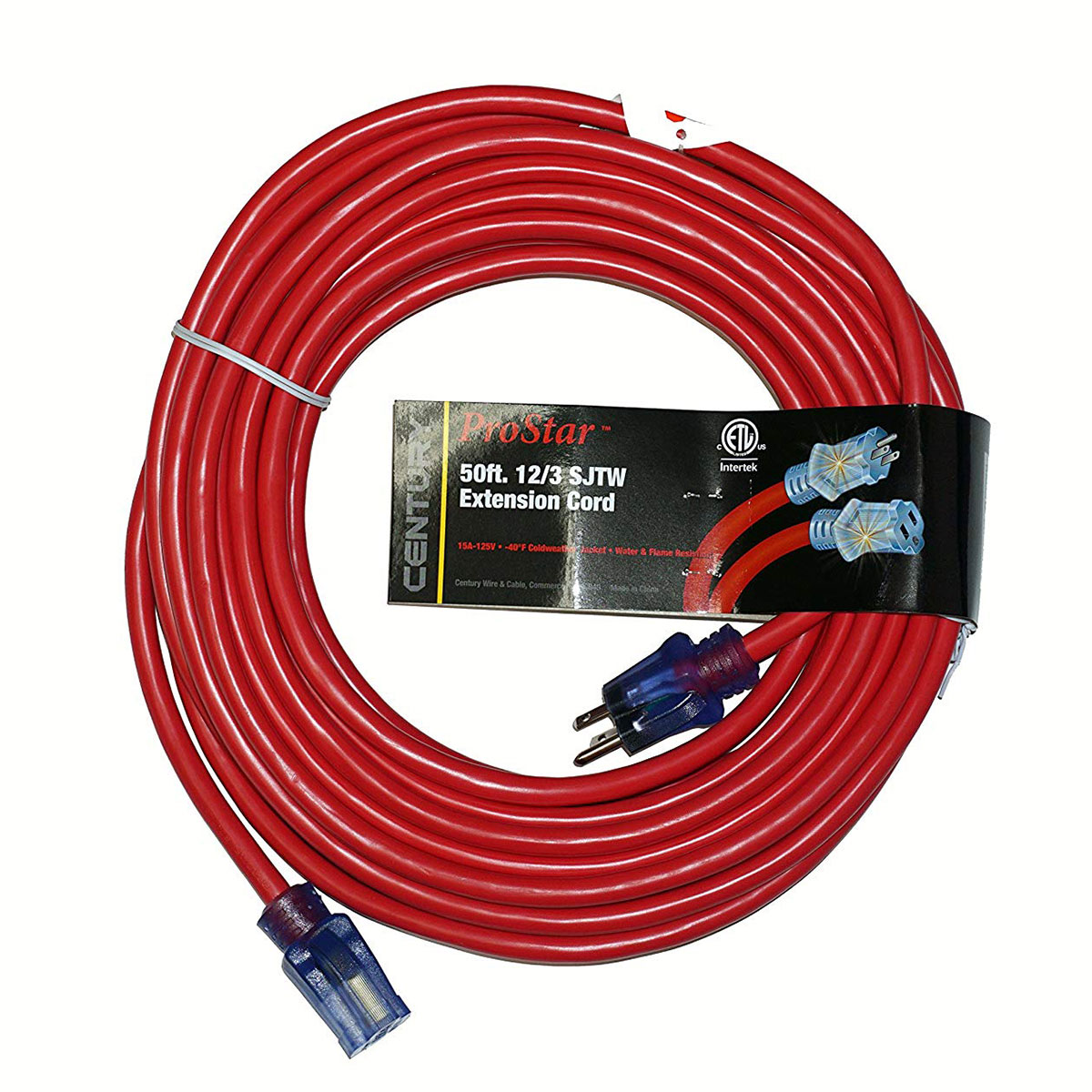
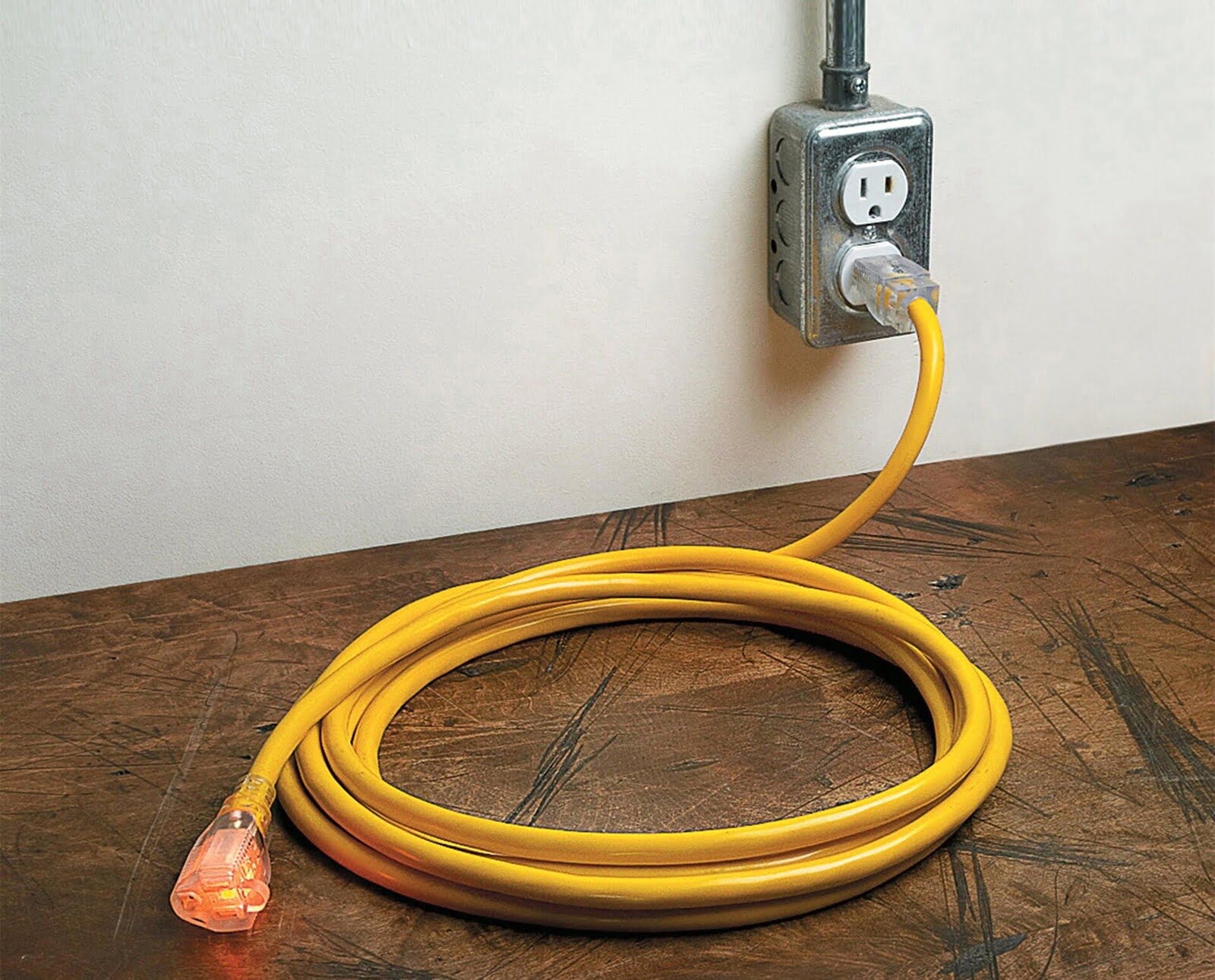
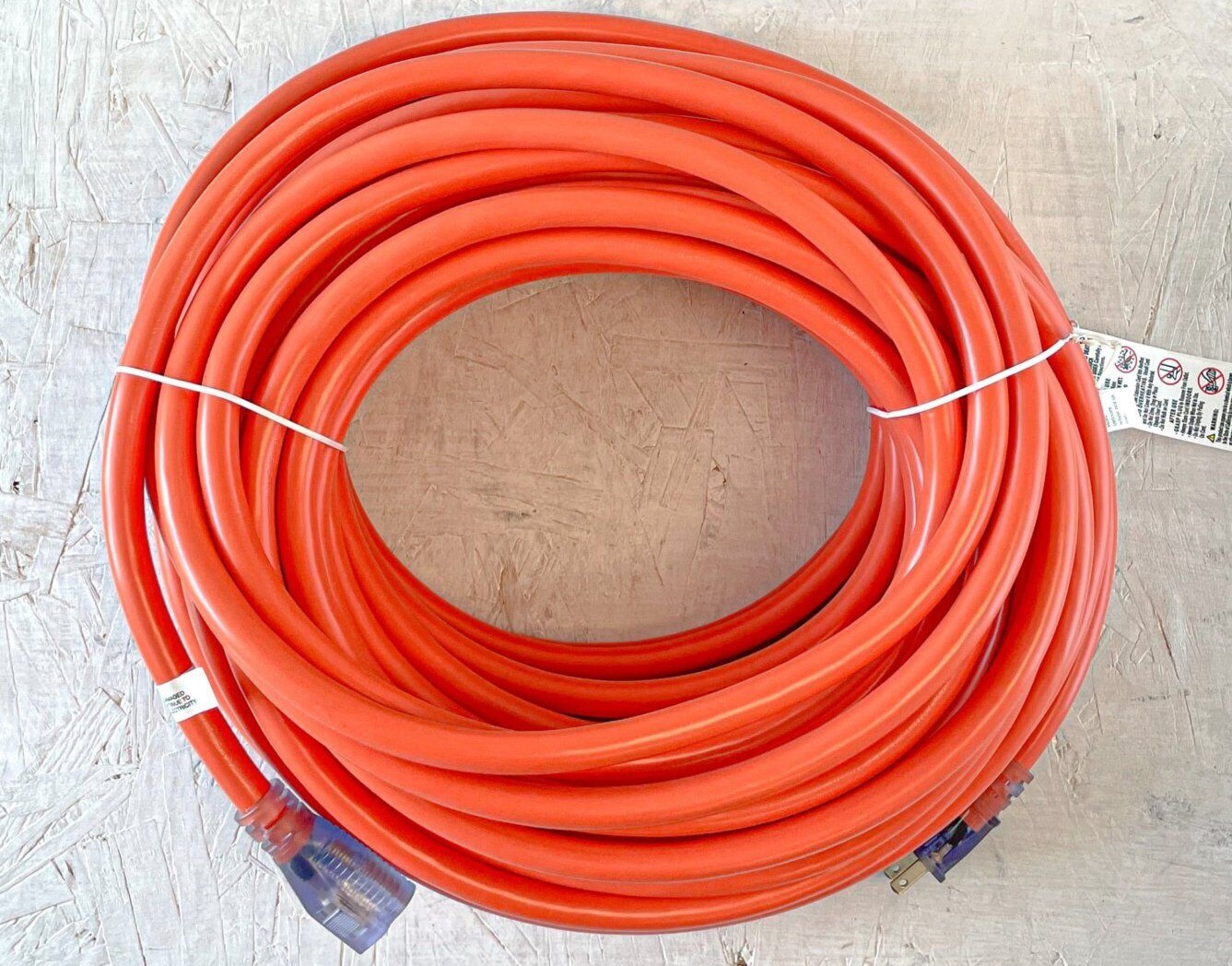

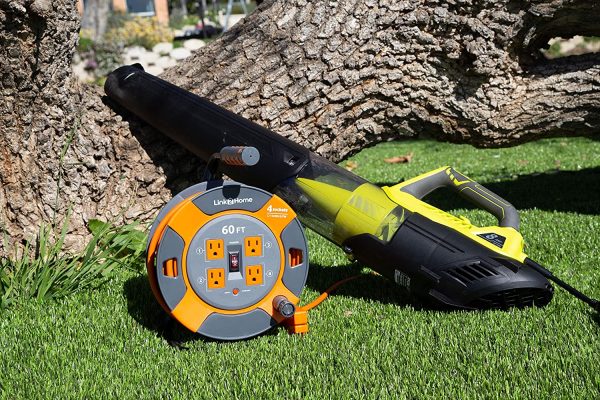
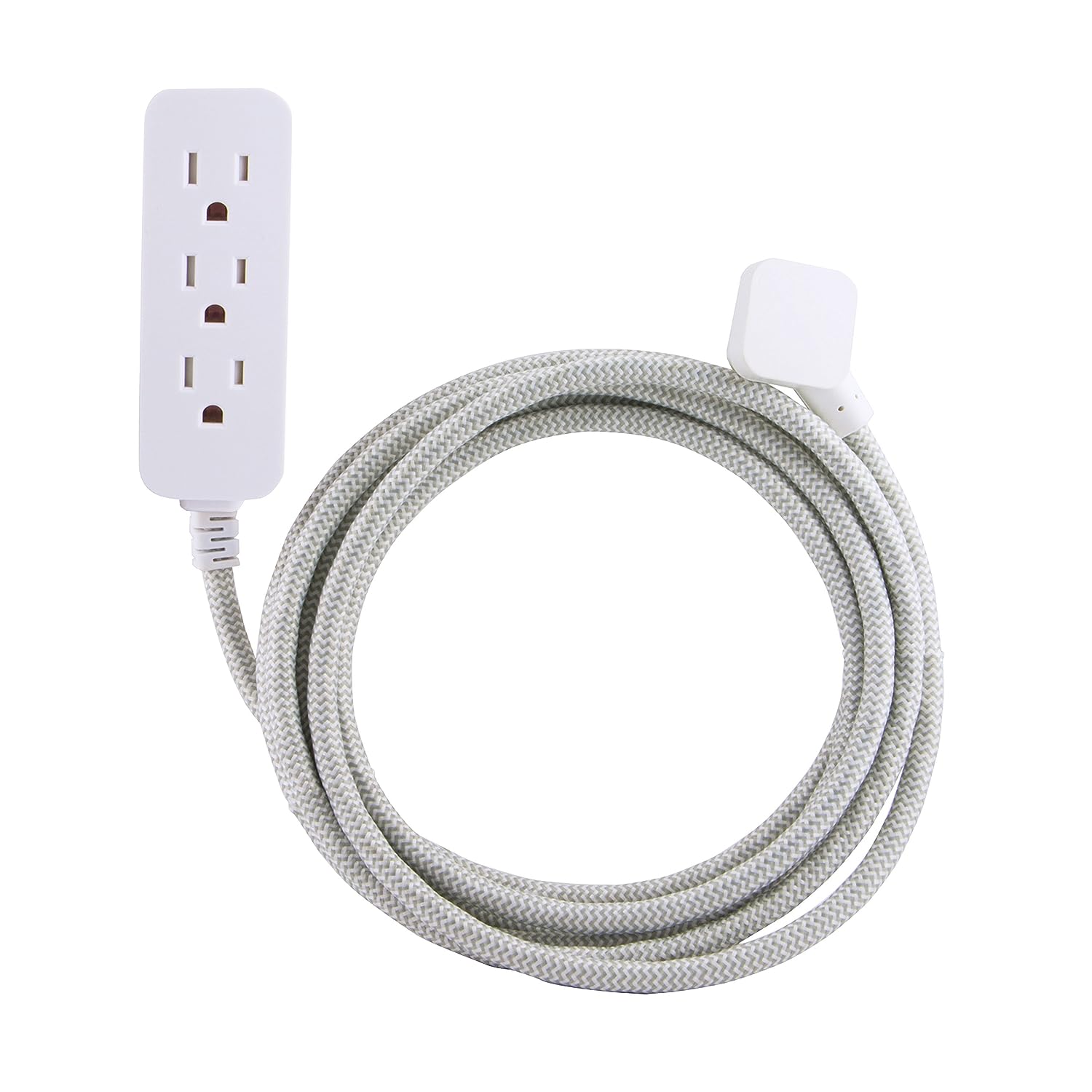
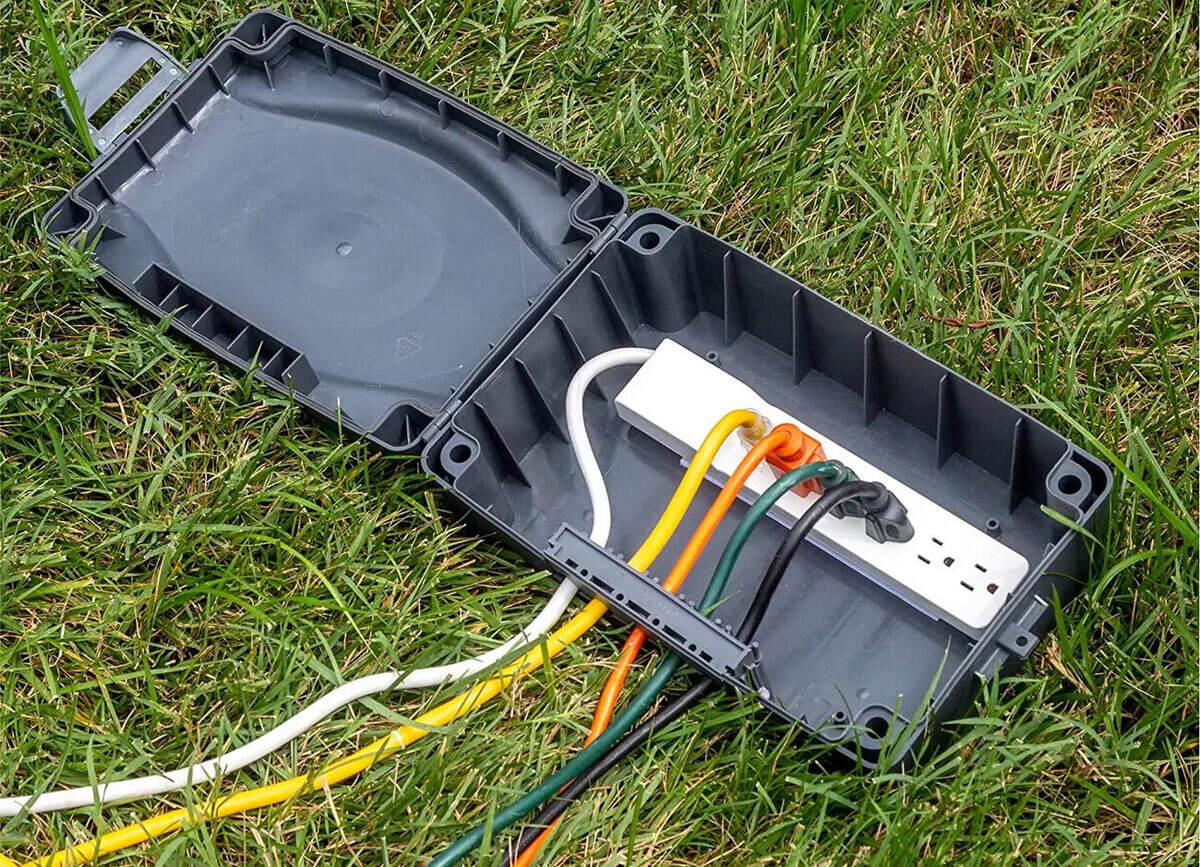
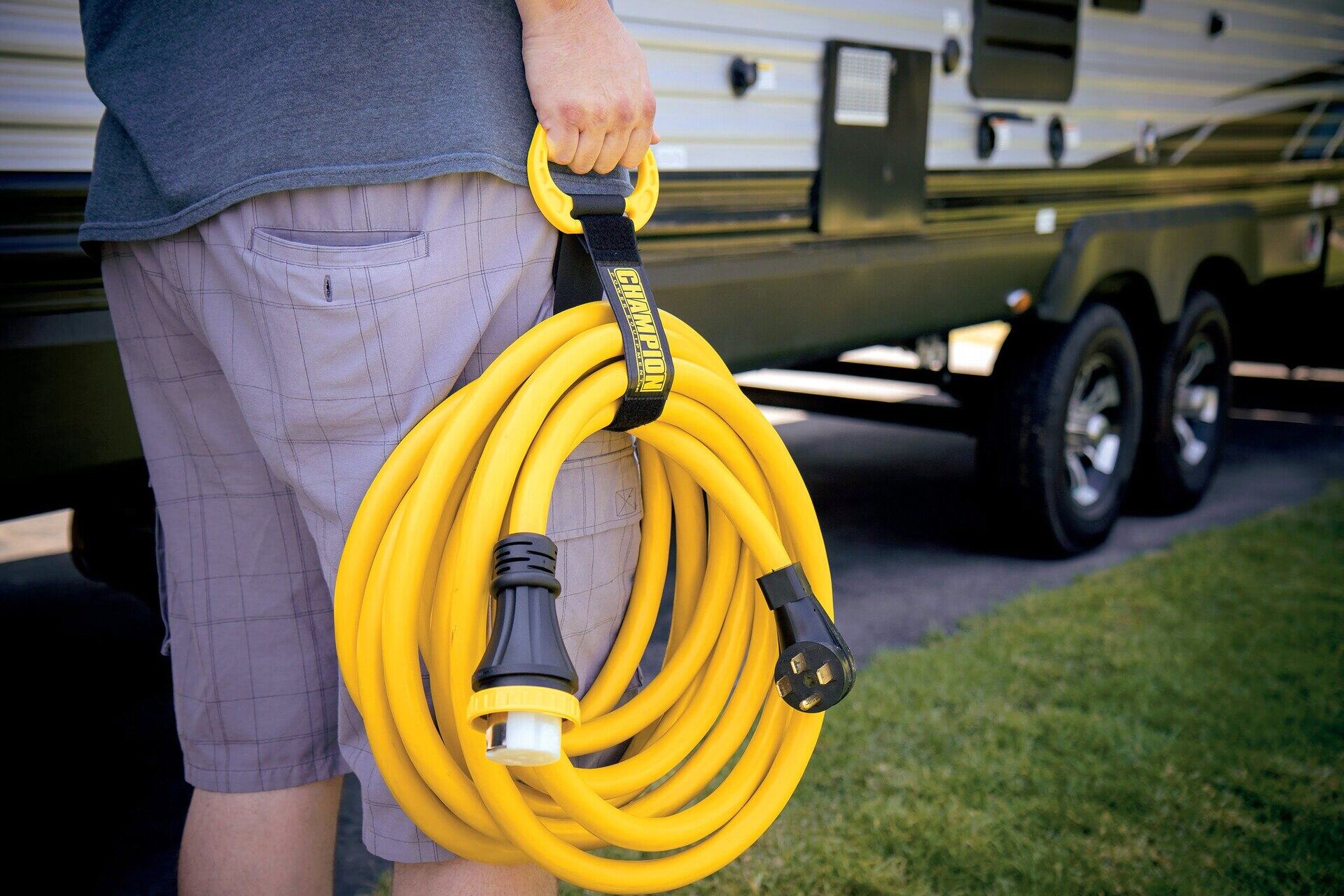


0 thoughts on “What Gauge Is A Heavy Duty Extension Cord”